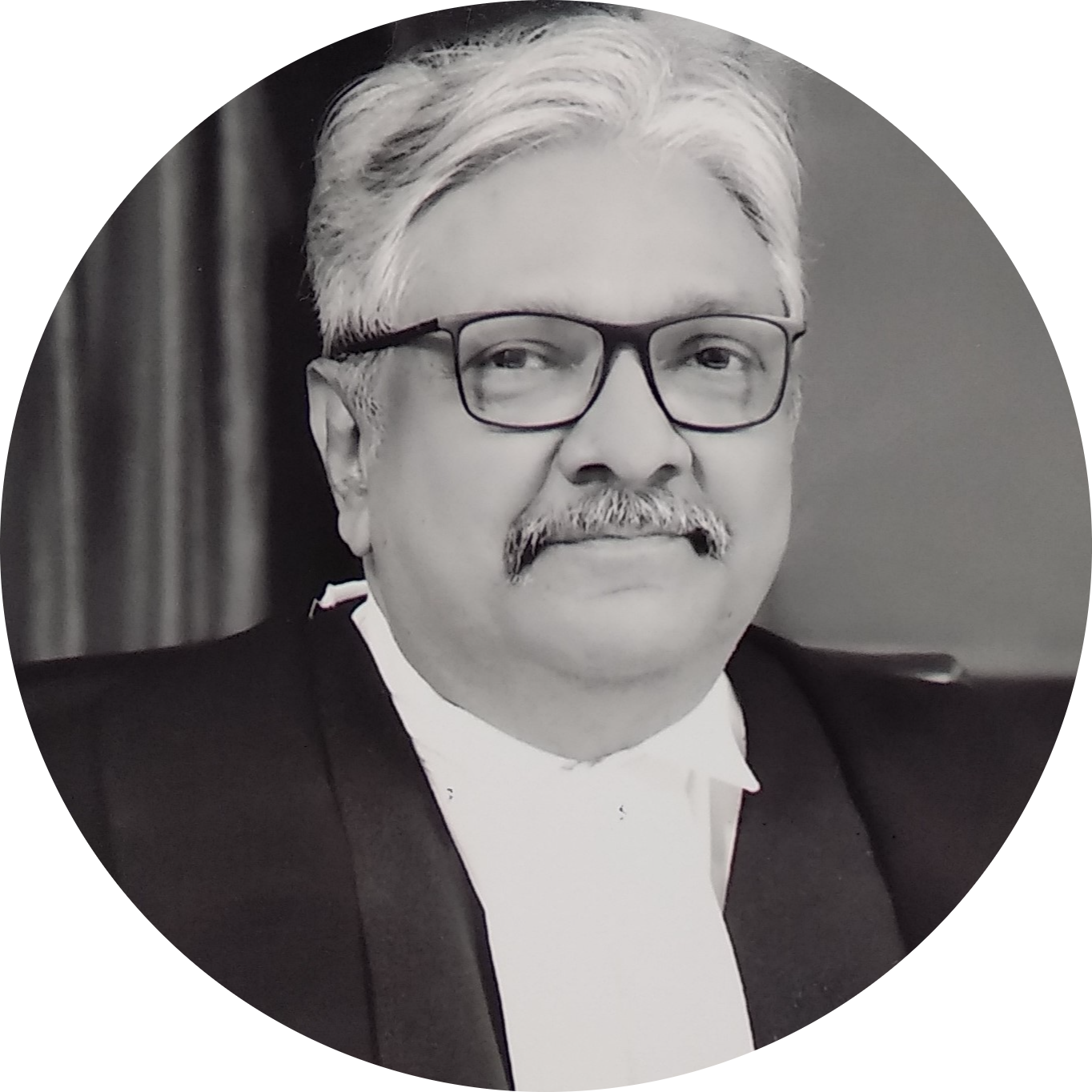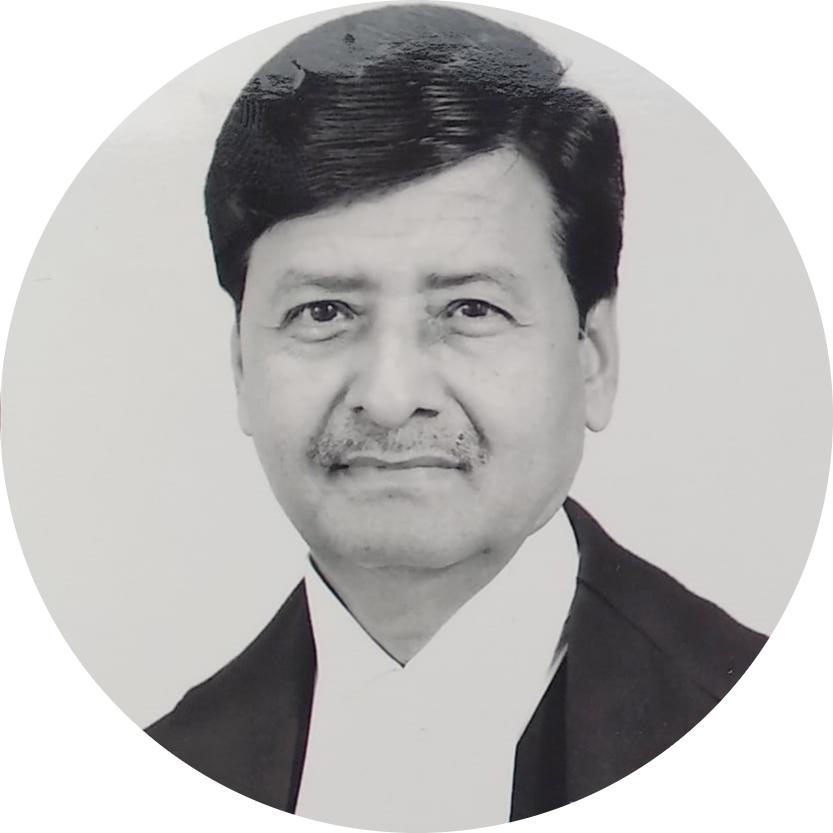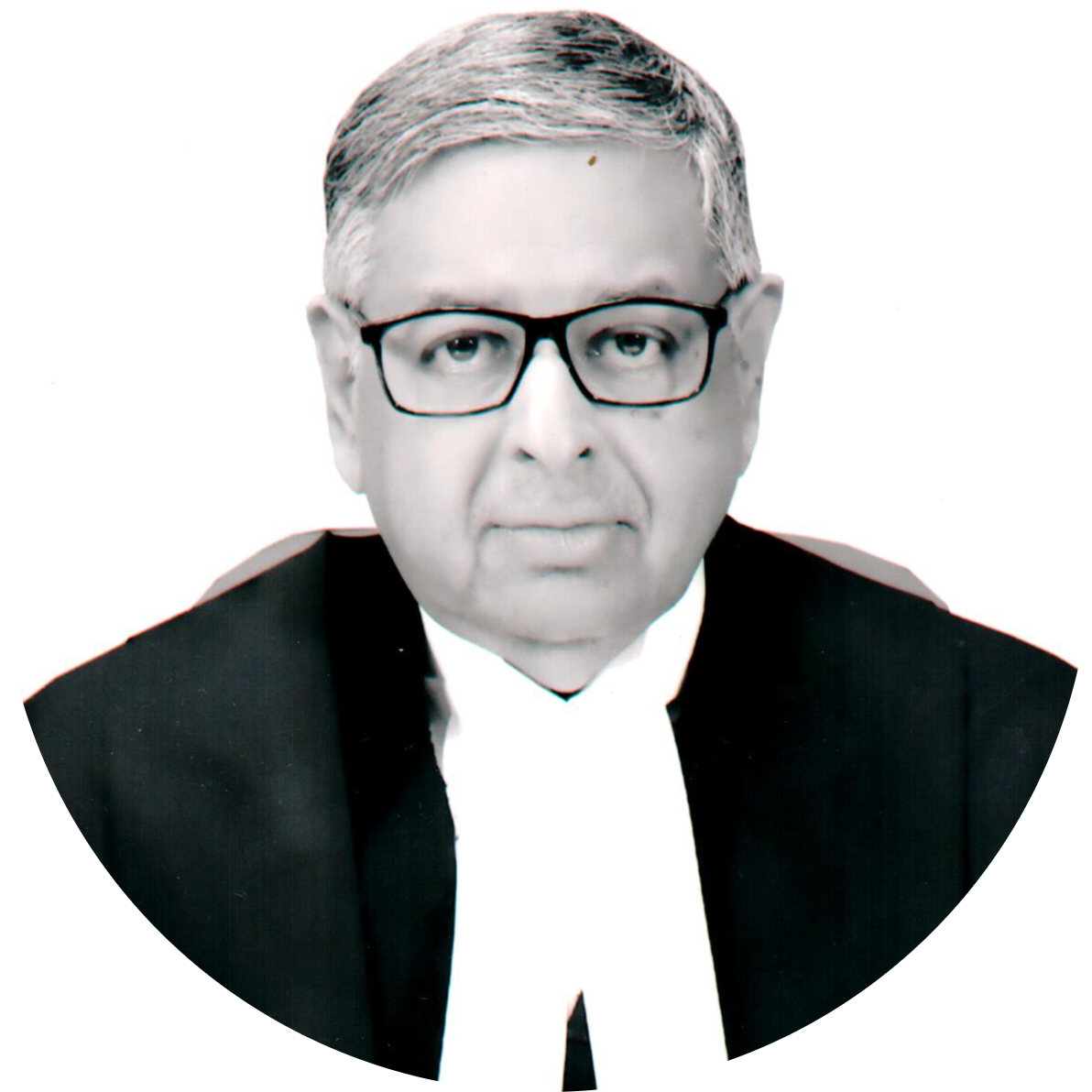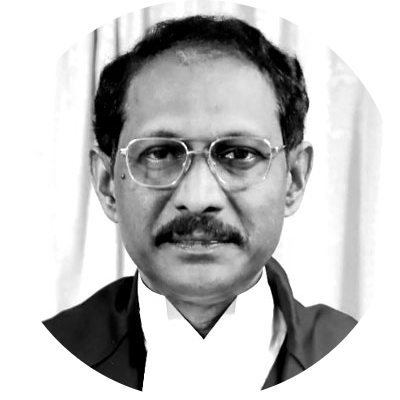Whatsapp-Facebook Privacy
Karmanya Singh Sareen v Union of India
The Supreme Court is hearing a challenge to WhatsApps privacy policy for violating the right to privacy. The policy permits WhatsApp to share data with Facebook and all its group companies for the purposes of commercial advertising and marketing.
Pending
Parties
Petitioner: Karmanya Singh Sareen; Shreya Sethi
Lawyers: Madhavi Divan; Harish Salve
Respondent: Union of India, Whatsapp Inc.; Facebook Inc.; Facebook India; Telecom Regulatory Authority of India
Lawyers: Kapil Sibal; Tushar Mehta; Arvind Datar; P. Narsimha
Intervenor: Internet Freedom Foundation
Lawyers: K. V. Vishwanathan
Case Details
Case Number: SLP (C) 804/2017
Next Hearing:
Last Updated: September 20, 2024
Key Issues
Whether WhatsApp’s Privacy policy of August 2016 violates the Right to Privacy of its users?
Whether a privacy policy should have specific ‘opt-out’ provisions without the user having to ‘opt-out’ of the application in totality? In this case, whether WhatsApp is obligated to provide a specific option of ‘Not to share data’ with Facebook?
Whether the manner of seeking ‘consent’ from users who are unable to read and understand the new privacy policy amounts to deception?
Case Description
Karmanya Singh and Shreya Sethi filed a Special Leave Petition (SLP) in the Supreme Court challenging the 2016 privacy policy of WhatsApp. They voiced an urgent need to protect the data of Indians who use internet messaging applications such as Whatsapp. They argued that, by sharing private data of its users with Facebook and all its group companies, WhatsApp threatens the right to privacy of its users.
In 2014, WhatsApp was bought by Facebook. Whatsapp acknowledged that their privacy policy will not change. Yet, in August 2016, Whatsapp announced a change in their privacy policy. The new policy says that account information of users including users’ phone number and contact details will be shared with Facebook and other third party companies. The new policy would come into effect after September 25, 2016. This was when Karmanya Singh and Shreya Sethi decided to challenge the privacy policy in the Delhi High Court.
On September 23rd 2016, a two-judge Bench of the Delhi High Court rejected the petition. The Court, however, directed WhatsApp to delete the data, until September 25th 2016, of users who choose to delete the application as well as users who choose to retain the application on the mobile phones. However, information shared via WhatsApp messenger after September 25th was allowed to be shared under the new policy. It held that it is always open to the existing users of WhatsApp who do not want to share their information to delete their accounts.
Thereafter, the petitioners filed an SLP at the Supreme Court against the Delhi High Court judgment. The SLP was initially heard by a Division Bench and referred to a Constitution Bench on April 5th, 2017.
On July 30th 2017 the Additional Solicitor General, Tushar Mehta, filed an office memorandum before the Supreme Court. He informed the Court about the constitution of Justice B.N. Srikrishna Committee to examine issues surrounding data protection in India, suggest principles to govern data and draft a data protection bill. The Committee released its report and a draft law in 2018. In 2019, the Government introduced The Personal Data Protection Bill, 2019 in the Lok Sabha. And noted that it was based on the Justice B.N. Srikrishna Committee draft. The Bill is currently before the Standing Committee.
In January 2021 Whatsapp rolled out a new privacy policy and had given users time till 28 February 2021 to accept and update. Some of the features of the new privacy policy triggered debates and seemed controversial: For instance, the new policy does not provide the users with the option to opt-out of their data being shared with Facebook Inc, Whatsapp’s parent company. Due to public push back, Whatsapp has extended the deadline to update to May 15th 2021.
Soon after the policy was announced, a writ petition challenged it before the Delhi High Court. It claimed that the new privacy policy violated the fundamental right to privacy and allowed Whatsapp to profile users’ data without any government regulation. While this case is ongoing, the Confederation of All India Traders moved to the Supreme Court with a similar plea. The Supreme Court refused to admit the writ petition as the Delhi High Court already hearing the challenge.
On February 15th 2021, an application was filed challenging the new privacy policy. The application claimed that Whatsapp was offering lower privacy protections for Indian users as compared to European users. The three-judge bench led by CJI Bodbe issued notice and asked all the parties to file their replies.





